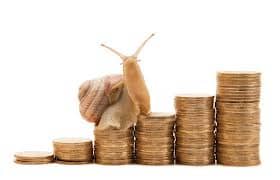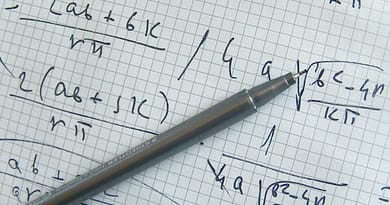Slow Econometrics
After I stopped laughing I saw a link to ‘slow money’. On the website this is described as ‘[Slow money] …means making sure that our economic activity—earning, spending, investing, and general resource use—promotes the well being of not only ourselves, but other people and the planet as well.’ We have heard this before, or not? Every well-respected company now has a random mix of these words in their mission statement. Even, if they pollute the environment, misuse third-country labor forces, or exploit our earth’s resources. It is cool to be slow. But more importantly, it brings in profits and hard cash.
Admittedly, there are also a number of ‘slow money’ activities that have some true interesting and economic appeal. Think for example about the cooperative activities that are being set up by groups of people to buy solar panels collectively. Or, people in a town teaming up to buy a windmill together in order to generate power for all of them.
Some people are also propagating slowness in our own personal lives. Early May I read an article in the Dutch newspaper NRC about the ‘fastness’ of information bombarded on us through for example the internet, and the way this is impacting our brains. Some scientists claim that the constant flow of information is interrupting our brains constantly. We are finding it harder and harder to concentrate on just one thing for a prolonged amount of time. Neuroscience research has shown that this concentration is what we need in order to learn in an efficient and effective way. If we do not, the prediction is that we are becoming just like a computer ourselves, replicating information without being able to perform the right judgments. If you are interested you should read the book The Shallows: What the Internet is Doing to Our Brains (2010) by Nicholas Carr, or just take a look at a Youtube movie with the same title.
So slow may not be that bad after all. I think it is a good idea to go ‘slow’ this summer myself. Reading some old-fashioned paper books, or do some ‘slow econometrics’, finishing a large number of old projects, but one at a time.
I wish you all a slow summer, with or without barefoot running…
Tekst by: Ronald Mahieu




